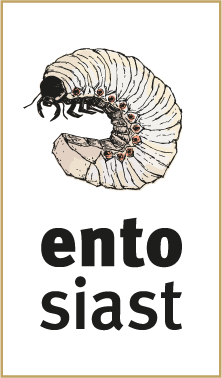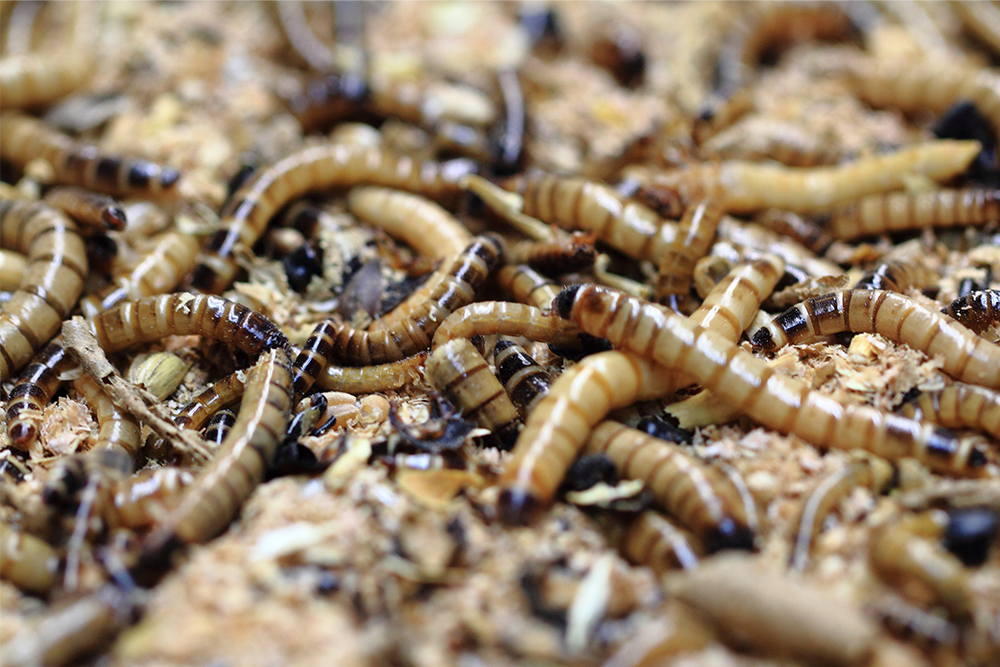Our planet’s resources are not infinite - on the contrary, in Germany the Earth's overshoot day 2022 was already reached on May 04. It is urgently necessary that we manage natural resources more sustainably. A good example is the breeding of insects as an alternative source of nutrients. Here, large quantities of essential raw materials can be saved and relatively little agricultural land is required.
Desperately needed: New approaches in agriculture
The demand for raw materials in agriculture in recent years has risen to great extent. In particular, food-producing livestock such as cattle, pigs and poultry consume a lot of water and feed and take up large areas of agricultural land.
At the same time, farmers are in great distress due to current climatic changes: prolonged droughts lead to declining water reservoirs, crops suffer from rising temperatures and dairy cows have less fresh green fodder available on pastures.
Against this respect, many traditional approaches are difficult to maintain at their current levels. Farmers face the mammoth task of either adapting their current production methods to the current situation and increasing regulation, or turning to new, more sustainable alternatives. Whichever they choose, they face immensely high costs. Where the road might lead them, primarily depends on us consumers. More pressing than ever is the question of how we want to nourish ourselves in the future, and to what extent we are willing to embrace new sources of food.
Insects are such a source: they contain many essential nutrients, insect protein is equivalent to that of beef, pork or poultry, and insect fat is comparable in quality to palm oil.
A big plus in terms of sustainability
Rearing insects combines a number of benefits for our environment. For example, significantly less water is used in the mealworm-farming than in the rearing of traditional livestock. In breeding systems, insects meet their water needs mainly through feed or rearing substrate. Most of the water in insect farming is used in processing operations.
Furthermore, two to ten times less agricultural land is required to produce one kilogram of edible insect protein compared to traditional protein sources such as beef or pork. And greenhouse gas emissions from insects are also far lower than from conventional livestock farming. Pigs, for example, produce 10 to 100 times more greenhouse gases per kg of weight than mealworms.
The energy required to produce one kilogram of edible insect protein is also lower than for beef, for example. It is on a comparable level with the production of pork and is mainly due to the operation of the air-conditioned facilities for the poikilotherm insects.
Sources:
- DW.com: „Deutscher Erdüberlastungstag: "So geht’s nicht weiter". https://www.dw.com/de/overshoot-day-erd%C3%BCberlastungstag-deutschland/a-61682843
- Umwelt Bundesamt: „Ein Drittel der Lebensmittel wird verschwendet.“ https://www.umweltbundesamt.de/themen/ein-drittel-der-lebensmittel-wird-verschwendet
- Food and Agriculture Organization of the United Nations (FAO): “Looking at edible insects from a food safety perspective.” https://www.fao.org/3/cb4094en/cb4094en.pdf



